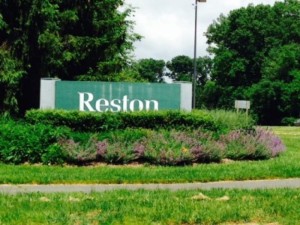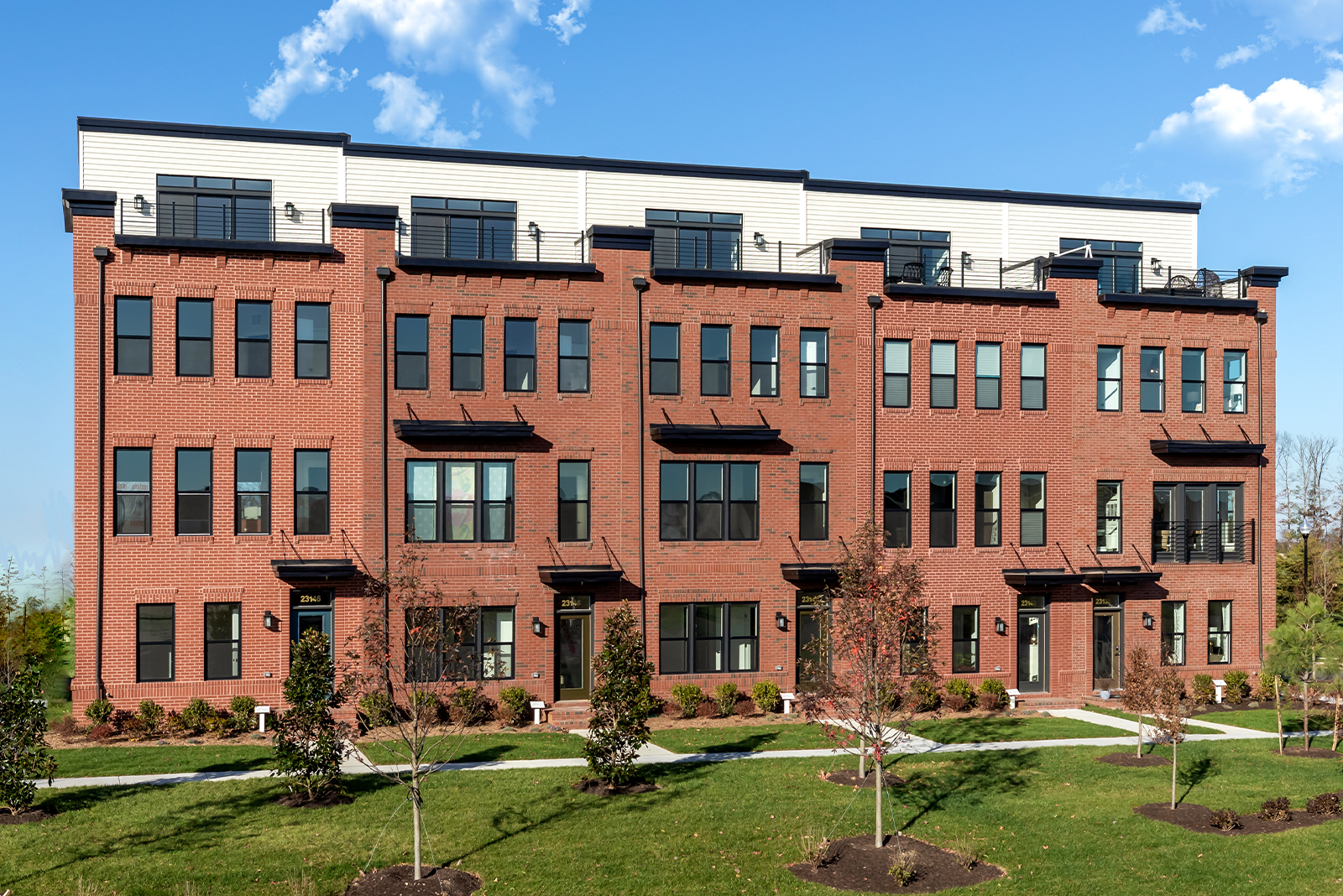 This is an op-ed by Reston resident Irwin Flashman. It does not represent the opinion of Reston Now.
This is an op-ed by Reston resident Irwin Flashman. It does not represent the opinion of Reston Now.
The RA Board is set to vote in its Dec. 17 meeting on two amendments to Board Resolutions which would prohibit the release of the names of persons who vote in Board elections or referenda. The Board has characterized this effort as one to, “protect the confidentiality of members who vote in association elections.” The Board’s press release on the matter really urges members to say, “Yes, protect my confidentiality!”
This so-called issue of “expectation of privacy” is a huge red herring. The existing Resolutions already prohibit the release of the content of the ballot, that is, how someone voted.
The real issue is one of access to the actual voting members of the RA. There are more than 21,000 member households in the RA. In the short campaign period for Board elections, it is impossible for a candidate to knock on the doors of the more than 5,000 households in a district, or even more for a candidate at-large.
Political parties do not attempt to reach all voters in their campaigns. They first go after assuring that their own members likely to vote will, in fact, go to the polls. Then, they urge their own occasional voters to vote. Afterwards, they target the undecideds and others whose vote may be swayed toward their candidates. Yes, there are methods for reaching the entire electorate, but they are not nearly as effective as pressing the flesh and talking with voters.
You can spend significant sums of money on robo calls, or have a mass mailing to 21,000 households at a cost of well over $10,000 per mailing, when you count the cost of stamps, paper, envelopes, design, printing and manpower to put it all together.
How do you economically reach the actual likely voters, in terms of time, effort, manpower, and money? You start by using the list of past actual voters. After you cover these voters, you can begin to reach out to others. Otherwise, you are wasting at least 85 percent of your time money and effort, since less than 15 percent of the members actually vote.
If RA wants to attract the best and the brightest candidates who are committed to the best interests of the members, you do not make it nearly impossible for them to win against incumbents. If new candidates want to win an election, they spend their time, energy, money and manpower where it will be the most productive. The purpose of obtaining the list of actual voters is not to lose an election or somehow cause a lowered voting percentage. It is to reach the actual likely voters with a message that will resonate so that they will actually vote for the candidate.
The incumbents are already known to the actual voters, that is, those who take the time and interest to vote. Most incumbents have been in their positions for nearly three years; have had a full opportunity to express themselves during that period to the voters on a number of issues; and, if they have been doing their jobs, have been able to maintain contact with their electorate through a variety of ways afforded to Board members.
The challengers do not have these advantages. Absent the list of actual voters, they must rely on volunteers knocking on thousands member doors, particularly if they lack significant sums of money to expend on robo calls and mass mailings, etc. Within the time and other constraints of Board elections, it is not possible for most challengers to reach most of their electorate.
When compared with the full list of the members, the list of actual voters also lets people know who didn’t vote. If a challenger, or incumbent for that matter, wishes to reach out to those members who have not voted in the past, they will be able to do so and thus increase the number of participants in the democratic process. Given the deplorable percentage of voters who actually vote in Board elections, the RA Elections Committee should focus on increasing the number of actual voters, rather than on closing off an avenue which could lead to a higher level of participation.
The Board’s proposal takes us in a direction 180 degrees away from the RA tradition and recent history. I am informed by a former Board member that in the past, the Board commonly released the list of actual voters upon request, without hesitation. Further, last year the Board released the list of voting household addresses to me. This year, the Board has refused to provide the list to me, alleging that it does not have such records. The list is held by the Board’s agent charged with running the election and the Board blithely disregards the “or kept on behalf of” phrase in the law. (See below for an explanation of the applicable law.) In my judgment, the Board was required by law to provide the list to me. I have taken the Board’s refusal to the Virginia Ombudsman and am awaiting a decision.
In a public election, the list of actual voters is available to anyone who wishes to request it from the County. While RA is not a governmental entity, it is a quasi-public, non-profit membership entity with more than 21,000 member households. The right to vote in both spheres is based on residency. In the public sphere, there is no secrecy or “expectation of privacy” connected to voter identity. Neither should there be any in the RA.
Making the list of actual voters public allows each member to determine whether his/her vote has been counted, or if they did not vote, to assure themselves that their vote was not improperly cast by someone else. The availability of the list of all actual voters is a major bulwark against voter fraud or the manipulation of the results.
While one does not wish to impugn the motives or methods of the Board, the Board’s approach is far from a neutral or objective attempt to ascertain what the real feelings of the RA membership may be on secrecy of the names of actual voters. To do that, the Board would have had to either hold a referendum or conduct a valid sampling of the members’ opinions on the matter. The Board has chosen to do neither. Rather, it has chosen to frame the issue in a way that is misleading at best.
Some Board members have argued the so-called “expectation of privacy” as a basis to cloak voter’s identity in secrecy. That expectation does not exist under Virginia law. Quite to the contrary, the Property Owners Association Act, section 55-510 B, states:
“Subject to the provisions of subsection C and so long as the request is for a proper purpose related to his membership in the association, all books and records kept by or on behalf of the association, shall be available for examination and copying by a member in good standing or his authorized agent including but not limited to:
1. The association’s membership list and addresses, which shall not be used for purposes of pecuniary gain or commercial solicitation;
…” (underlining supplied).
The referenced subsection C exceptions do not include the identity of voters in an election or referendum. Thus, the law specifically provides for access to this information, since it makes all books and records available to members, not otherwise excepted.
The ideal of the RA is to work on behalf of the members in an open, transparent fashion. This is an elemental foundation of a democracy. With these amendments, the Board essentially chips away at this important element of a free society. Knowledge is power. By preventing the members from knowing who votes, the Board takes power away from the members and gives itself and the incumbents more power.
The recent tendency of some of the incumbent members of the Board to want to exercise greater control and limit the effectiveness of challengers can also be seen in Item L of the Board’s Agenda for the Dec. 17 meeting. As far as I know, no one has commented on this proposal publicly.
The proposal seeks consideration of an amendment to the rules governing the election of officers of the Board. It would prohibit any Board member without one year of experience on the Board from being elected as an officer of the Board. his provision would prevent duly elected members of the Board from taking leadership positions, despite their experience, knowledge and capabilities. It is an attempt by incumbents to avoid the takeover of leadership of the Board by challengers. Shouldn’t the Board officers be elected based on the confidence and trust they inspire in a majority of the Board members?
I am not aware of the Deed setting out any such limitation on Board officers and one wonders whether such a provision would be proper. The point here is the tendency of some of the present Board members to want to restrict information and limit power to a smaller and smaller number of people. This can be seen in a number of other past actions by the Board and staff.
In conclusion, the proposed amendments to the Elections and Referenda Resolutions 4 and 6 regarding the secrecy of the names of voters do not serve the members’ interests, may indeed be illegal, and in essence are anti-democratic. Rather than being concerned about an imagined “expectation of privacy”, members should be concerned about the negative impacts on the democratic process by the denial of such information.
Something on your mind? Send an op-ed to [email protected]. Reston Now reserves the right to edit for clarity, style and other reasons.





